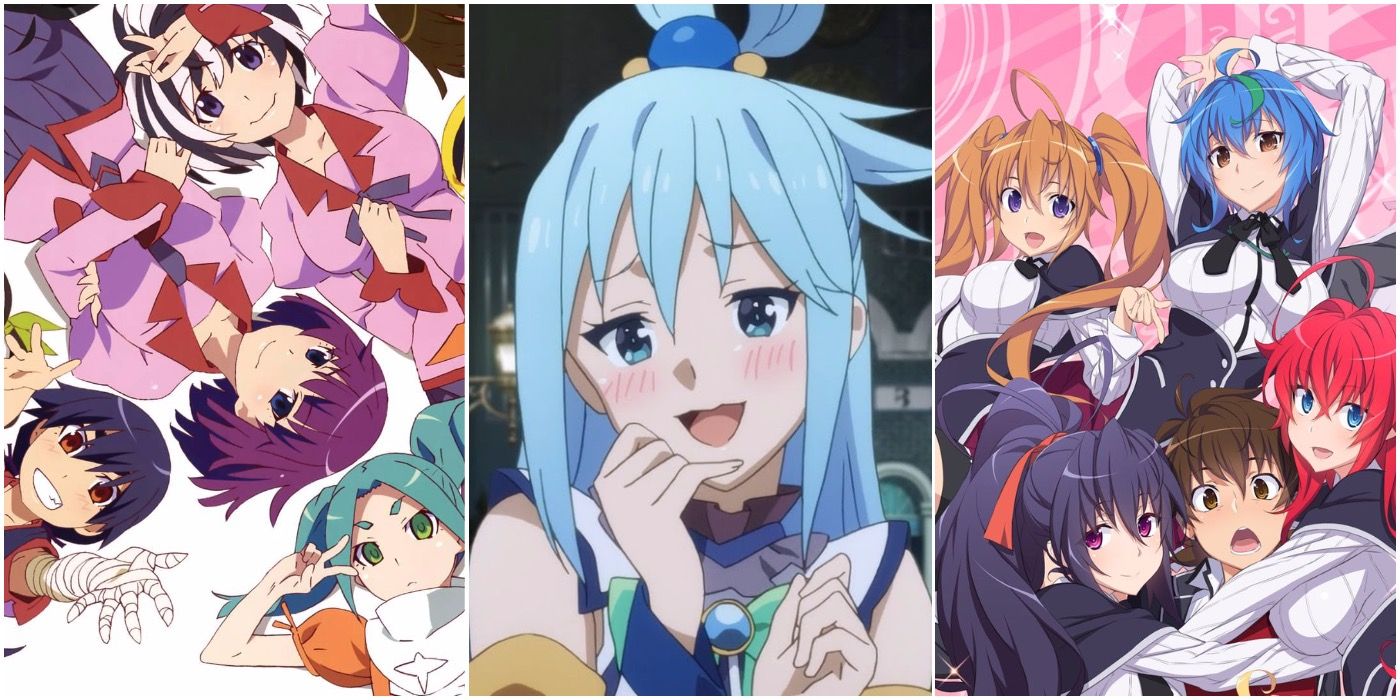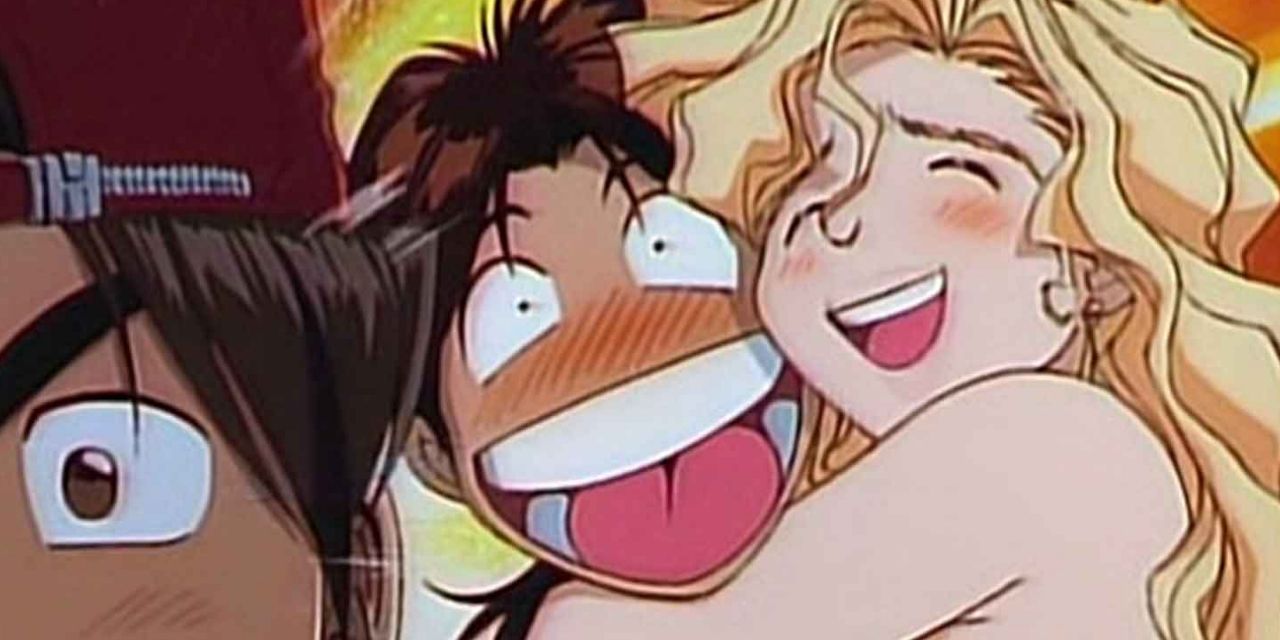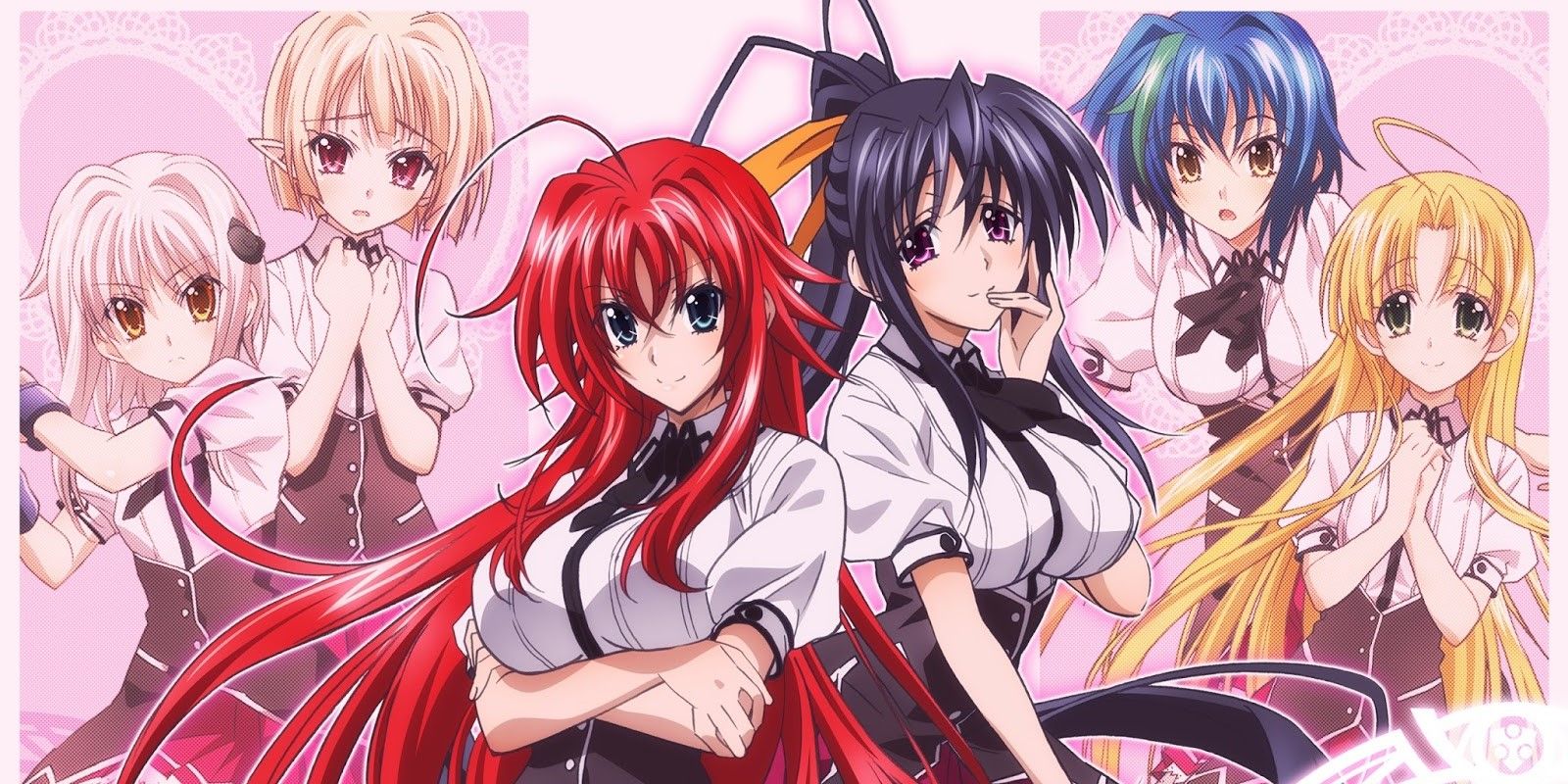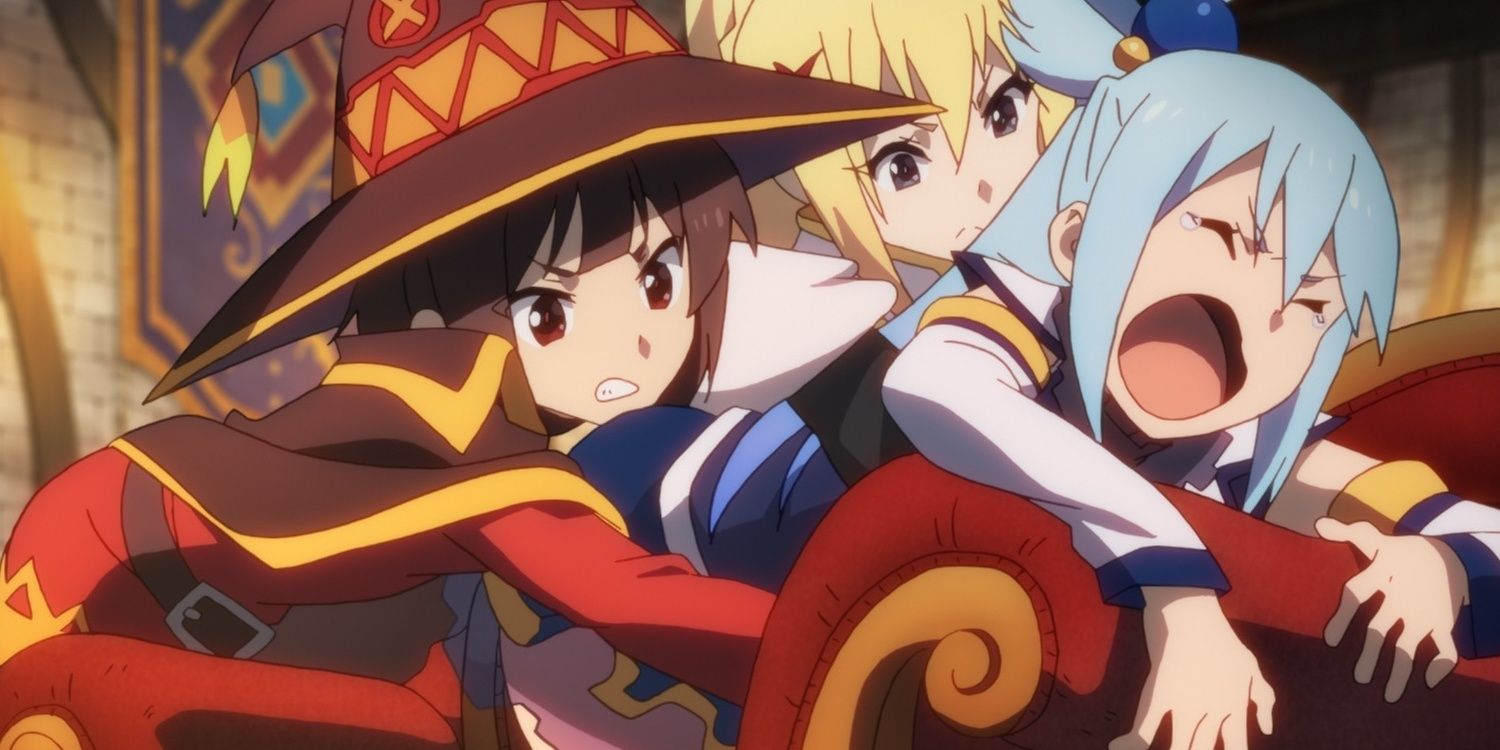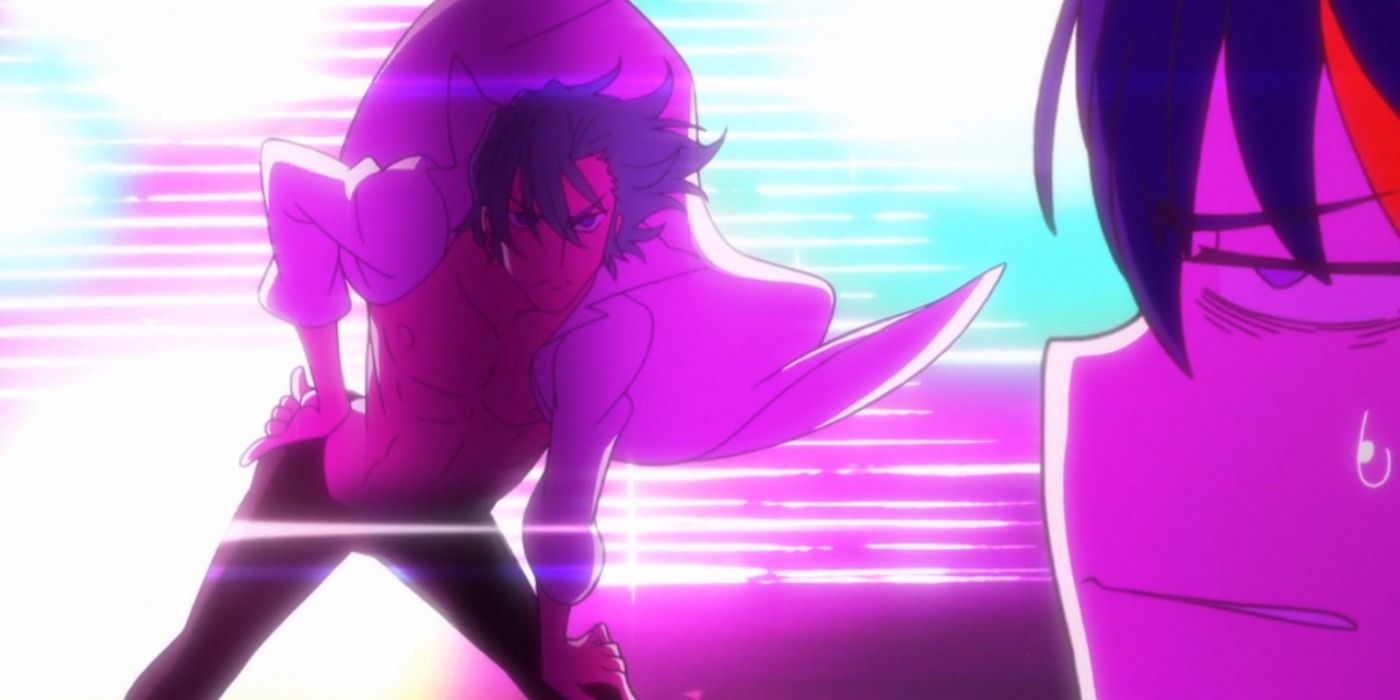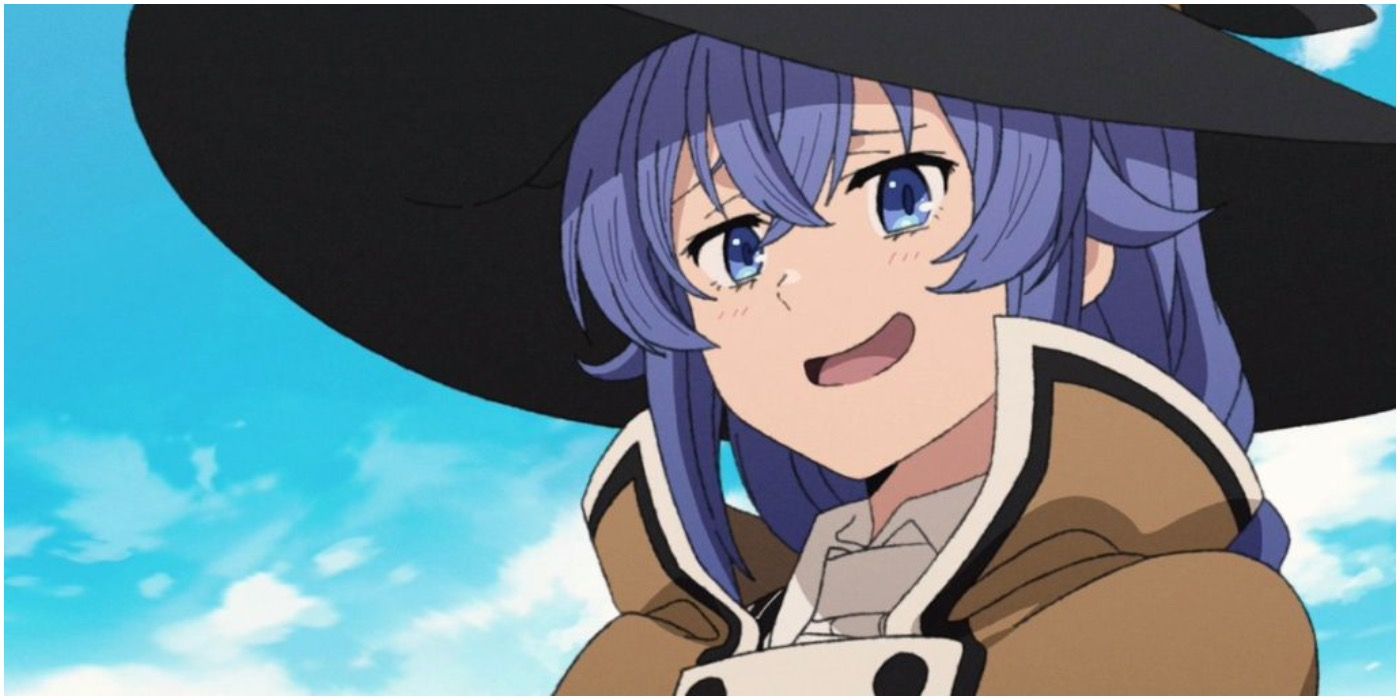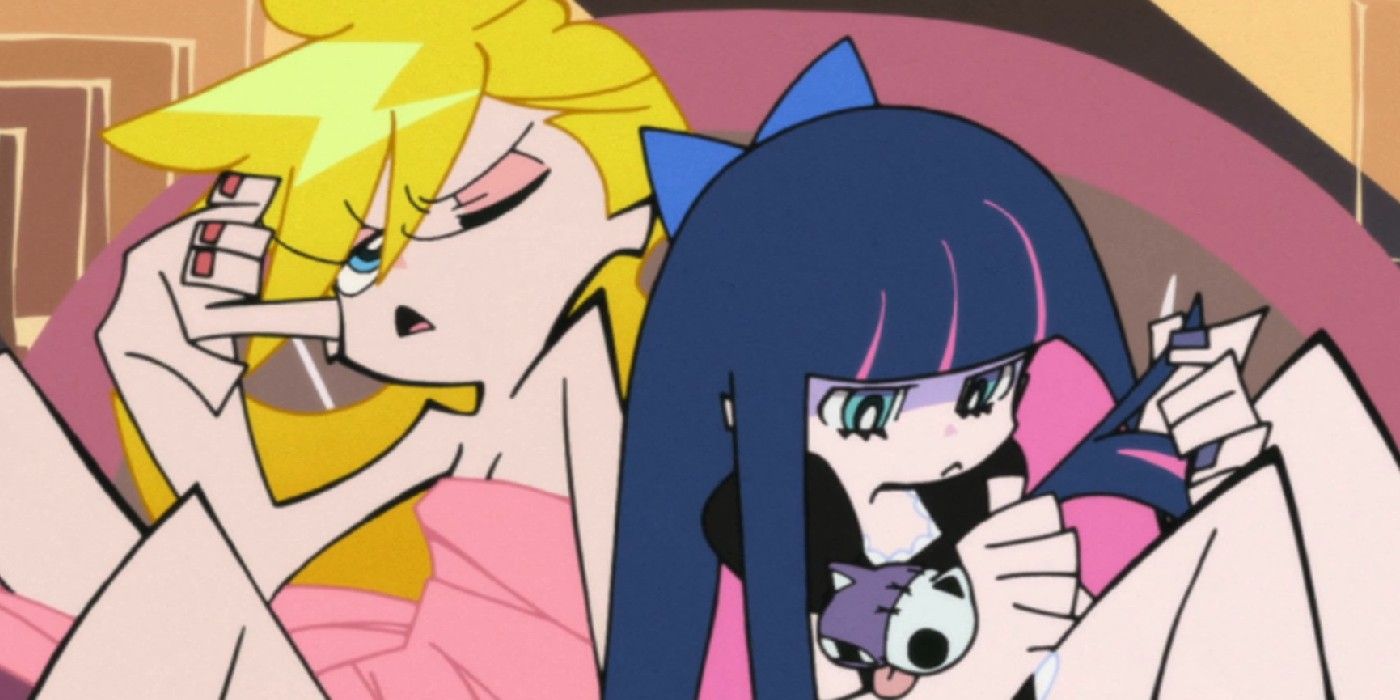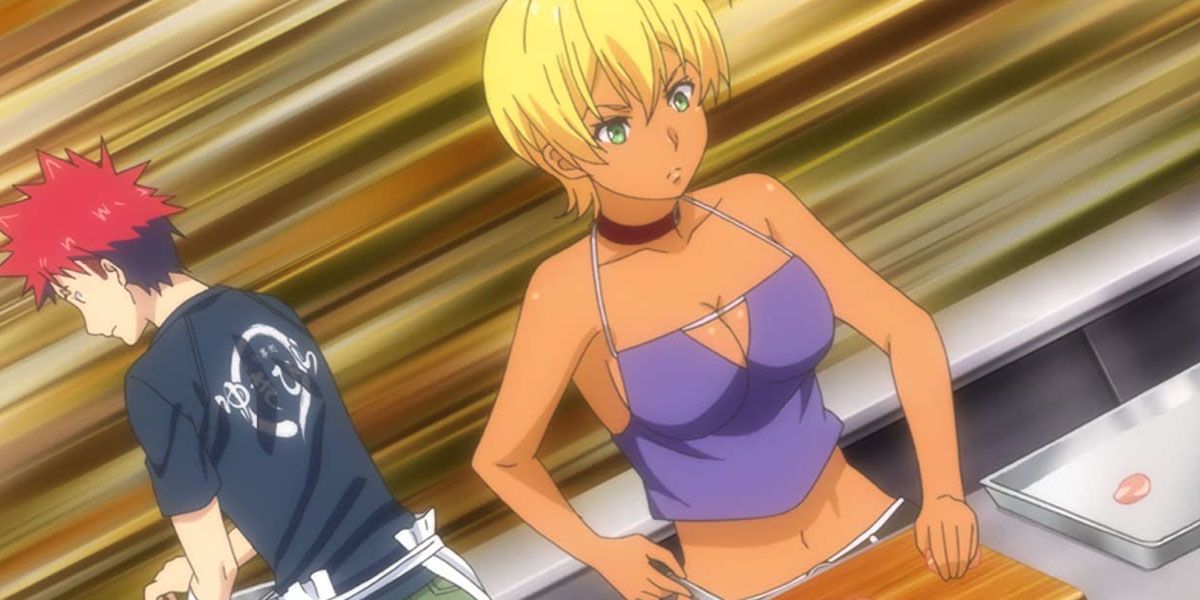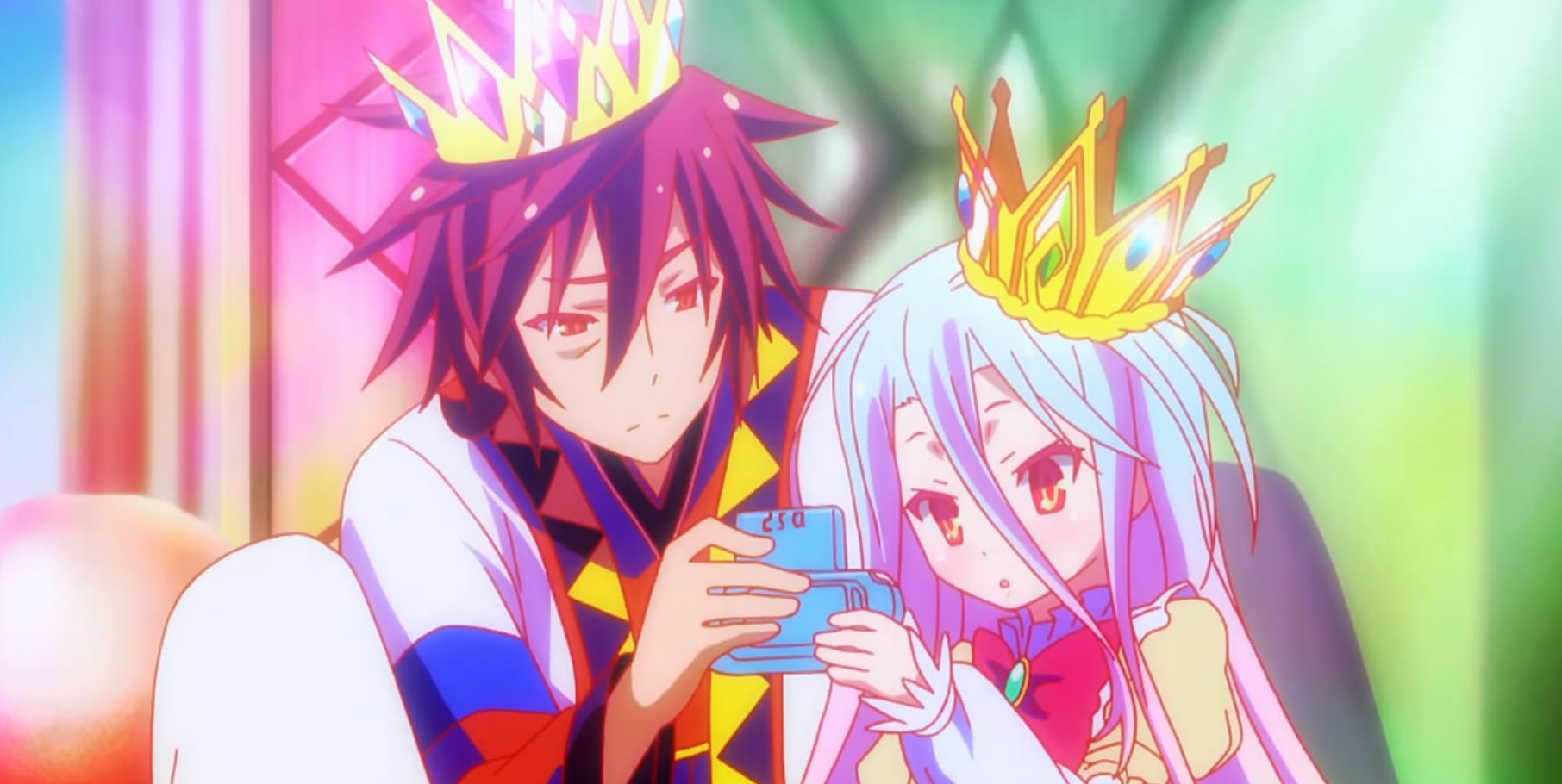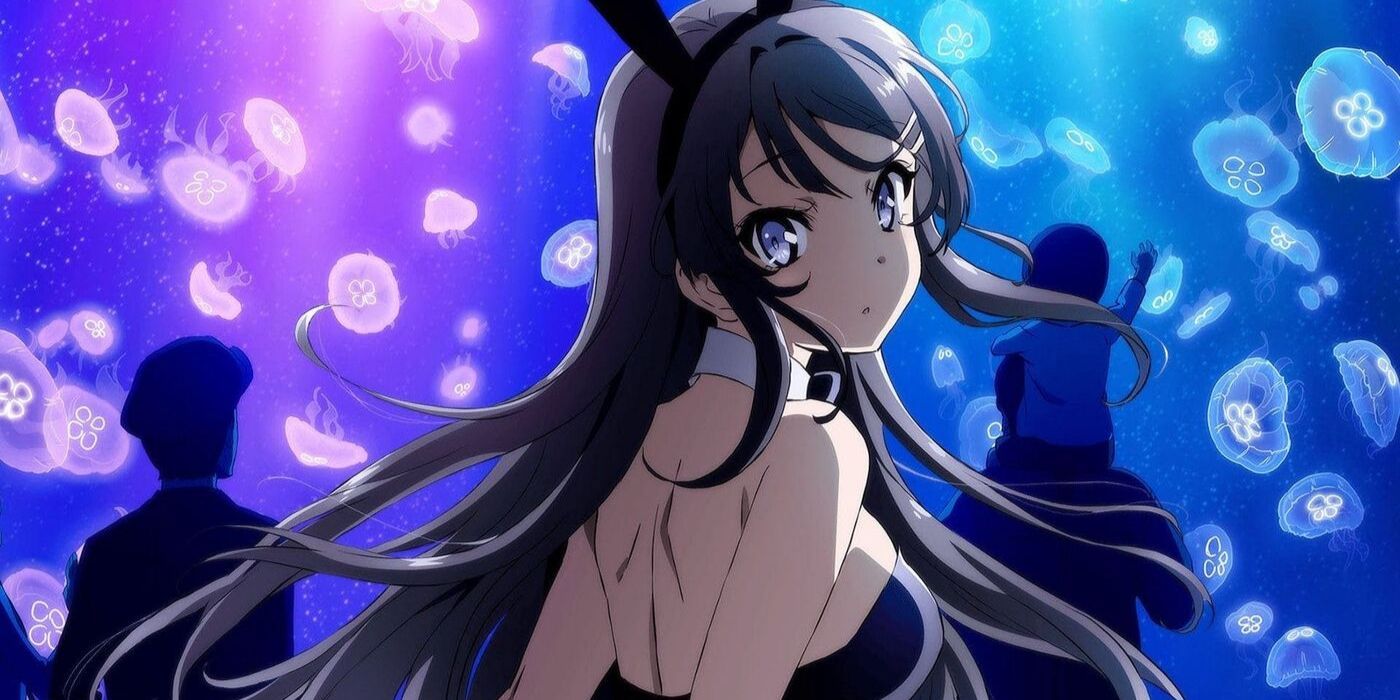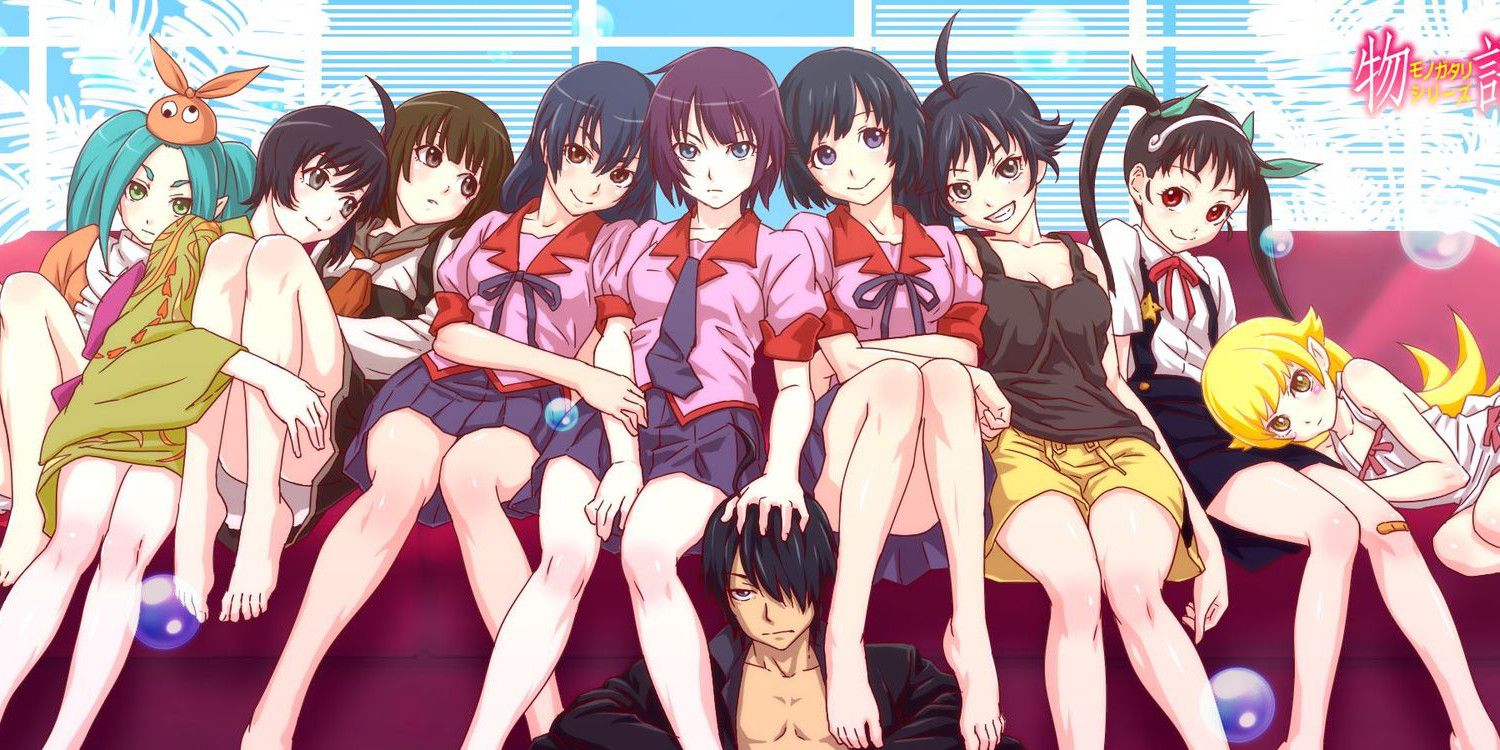Fanservice in anime is commonly criticized for being tasteless, overused, and adding nothing substantial to the narrative. Yet, it's impossible to argue that fanservice has become an intrinsic part of the medium throughout its existence.
Many people seek out fanservice shows and enjoy them as mindless entertainment. However, more sophisticated community members shouldn't dismiss every suggestive show, as many of them are well-regarded by the critics. Some anime recognize fanservice as a useful narrative tool and utilize it in unexpectedly creative ways to enrich the story. The fanservice can be implemented as a storytelling device that explores the complexity of the characters, criticizes the medium, or adds authenticity to the plotline.
10 Golden Boy Is An Eccentric Comedy That Comments On Its Hero's Flaws
On his quest of self-discovery, Golden Boy's protagonist Kintaro Oe journeys around the countryside and acquires many useful skills. The clever and resourceful young man suffers from a single major downfall — his uncontrollable desire to pursue beautiful women.
The series revolves around the whimsical scenarios between Kintaro and the attractive yet unattainable ladies he meets. The prominent fanservice only elevates the show's absurd suggestive humor and stellar character writing. Kintaro's obsessive attraction to women is an integral part of his development, as the feelings help him to mature and learn to overcome his awkwardness.
9 High School DxD Makes Fanservice A Part Of Its Exciting Plot
High School DxD is a cult classic universally beloved by its diehard fans. While most of those who never watched the show dismiss it as a mindless fanservice flick, the series has more substance than initially meets the eye. Set in Kuoh Academy, which teaches humans and supernatural creatures, like angels and demons, High School DxD follows Issei Hyodo, a human killed by his date and resurrected as a demon servant.
Packed with thrilling action, subtle character development, and lighthearted humor, High School DxD maximizes the potential of the ecchi genre without feeling mindless or dull.
8 KonoSuba Lovingly Laughs At The Isekai Genre
The trope of a worthless loafer getting transported into a fantasy world to become its most powerful hero has overtaken anime in recent years. The escapist power fantasy of isekai appeals to many fans, yet some are getting rather tired of the genre's repetitiveness. The brilliantly outlandish KonoSuba addresses the community complaints by subverting the classic isekai tropes.
Its protagonist is far from overpowered and gives up on his mission to save the universe almost immediately, striving to live a comfortable lifestyle in the fantasy world instead. Kazuma and his dysfunctional allies satirize isekai cliches, including perverted main characters and an over-sexualized female cast, and they do a fantastic job making fanservice funny.
7 Fanservice Is Essential For The Narrative Of Kill La Kill
The characters of Kill la Kill rarely have any clothes on, and their battle armor barely covers any part of their bodies. Yet, the show's unapologetic fanservice never takes the audience's attention away from the main storyline. Surprisingly, the opposite is true, as the suggestive outfits are a crucial plot device in the show's world.
Overall, Kill la Kill's fanservice contributes significantly to its themes of empowerment and duality. The exaggerated, ludicrous outfits and absurd levels of violence subtly parody the genre. Meanwhile, the quintessential storyline of Kill la Kill engrosses the audience in its thrilling complexities.
6 Mushoku Tensei Is A Pioneer Of Modern Isekai Tropes
Starting over as a well-regarded web novel in 2012, Mushoku Tensei: Jobless Reincarnation popularized many of the tropes that currently define the isekai genre. Following the coming of age of a boy in a fantasy world, whose previous life as a hopeless shut-in ended abruptly in a car accident, the show explores the hero's development after getting a second chance.
Being an adult with questionable morals trapped in a child's body, the hero of Mushoku Tensei does many unsavory things and often acts upon his lustful desires. Nevertheless, while the show is heavy on the fanservice, it's presented as grounded and authentic to the world and the characters, making the narrative seem more believable.
5 Panty & Stocking With Garterbelt Mocks Fanservice Fans
The energetic action-comedy series Panty & Stocking with Garterbelt is often considered one of studio Gainax's best works. The last outstanding hit produced by the future TRIGGER creators under their previous studio's name has all the signature elements of their future shows, such as hectic pacing, unique characters, over-the-top humor, and an abundance of fanservice.
While nothing about Panty & Stocking can be considered sophisticated or narratively complex, like some later shows done by the same team, it exemplifies a refreshing parody mix between American cartoons and moe anime tropes.
4 Food Wars Takes Cooking To A Different Level
After Soma Yukihira, a talented cook from a humble background, enters one of Japan's most prestigious culinary academies with a graduation rate of less than 1%, his spectacular quest to rival his opponents and perfect his cooking skills begins. Food Wars is a captivating underdog story that treats the culinary arts with the intensity and thrill of a battle-shonen anime. Yet, not only its subject matter separates Food Wars from its contemporaries.
The show has an unorthodox way to showcase people enjoying food, and that is through clothes flying off their bodies in fits of pleasure. The gimmicky fanservice of Food Wars is an amusing and clever narrative tool.
3 The Tactical Spectacle Of No Game No Life Was Judged For Its Fanservice
The genius masterminds Sora and his stepsister Shiro were known in the gaming world as an unbeatable duo, Blank. Yet, after getting transported into a fantasy land where every conflict, be it a minor disagreement or an all-out war, is decided through games, the siblings embark on a quest to defeat the world's sixteen ruling species using their otherworldly strategical skills and knowledge of game theory.
No Game No Life was criticized heavily for its fanservice, especially for disturbing scenes featuring Sora's younger sister in compromising situations. Nevertheless, the show's dynamic writing and visually stunning world earned No Game No Life countless devoted fans.
2 Bunny Girl Senpai's Deceptive Title Conceals Its Enormous Heart
Despite the misleading title and premise, Rascal Does Not Dream Of Bunny Girl Senpai is a surprisingly heartwarming and thought-provoking story. The tasteful and sparse fanservice elements never take the audience's attention away from brilliant characters and intricate story development. The show explores the relationship between two high schoolers, a distant and socially rejected boy Sakuta and his senpai Mai, who he meets walking around the school library in a Playboy Bunny outfit.
The romance between the protagonists and the emotional subplot about people mysteriously forgetting about Mai's existence has plenty of unexpected heart and authenticity. Bunny Girl Senpai's sincere depiction of adolescence justifies the series' incredible success.
1 Monogatari Series Is Not Ashamed Of Being A Fanservice Show
Nisio Isin's brilliantly bizarre magnum opus, Monogatari Series, takes the confines of the harem genre and turns them into one of the most unorthodox narratives in the medium. Being unapologetically proud of its roots, Monogatari spices up the harem genre with witty, convoluted dialogues, a cast of eccentric characters, and a complex supernatural subplot about girls fighting the physical manifestations of their inner demons.
The show relentlessly indulges in all aspects of the harem genre, including exaggerated fanservice. The magnificence of its clever writing proves that fanservice shows can be incredible not only despite but also in tandem with their salacious elements.

